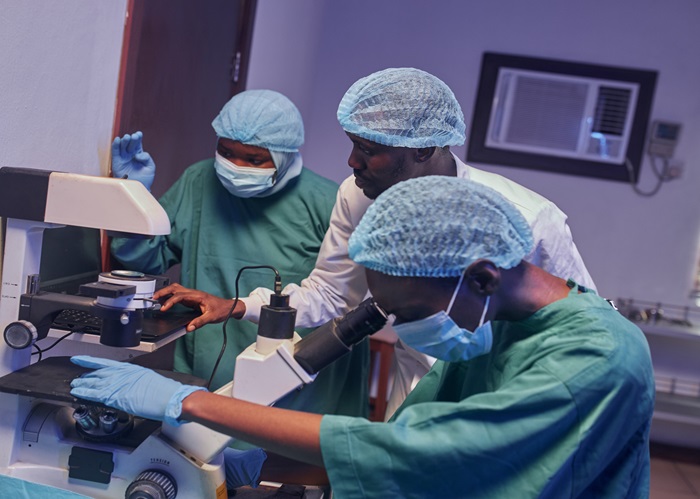
A Global Health Challenge, A National Responsibility
The World Health Organization (WHO) has emphasized the importance of specialized centres in regions where health disorders are prevalent, stating that "Where disorders are common, special dedicated Centres are required, to ensure adequate services for treatment and prevention" (WHO, 1994). This is particularly true for Nigeria, where the sickle cell gene affects one in every four people.
Nigeria’s large population of over 160 million makes it the epicenter of sickle cell disorders, with over 40 million healthy carriers. Tragically, over 150,000 babies are born annually with sickle cell anaemia, and most of them die young due to lack of awareness, diagnosis, and treatment.


The establishment of specialized sickle cell centres has proven effective in improving care. In the US, life expectancy for individuals with sickle cell anaemia rose from 14 years in 1974 to 53 years in 2007 due to such institutions.
The National Sickle Cell Centre (NSCC), located near the Lagos University Teaching Hospital, fosters collaboration with medical institutions, advancing research and care for the sickle cell community.
The NSCC also advocates for the creation of Sickle Cell Centres in every state, ensuring coordinated care nationwide and supporting local Sickle Cell Clubs.
Our Goals
1. Data and Research
To create and maintain a reference and related database on sickle cell disorders in Nigeria.
2. Counselling Services
To deliver counselling services to affected individuals, their parents, and other carriers of the sickle cell trait.
3. Accurate Diagnosis
To serve as a reference laboratory centre for the accurate diagnosis of sickle cell disorder.
4. Prenatal Diagnosis
To offer prenatal diagnosis of sickle cell disorder to couples or women at risk of bearing affected offspring.
5. Reference Library
To maintain a reference library on sickle cell and related disorders.
6. Research and Funding
To promote, fund, and carry out worthwhile research into various aspects of sickle cell disorder.
7. Monitoring and Evaluation
To constantly monitor and periodically evaluate services provided in pursuance of the aims and objectives of the centre.
8. Training Programs
To offer appropriate educational and training courses to various cadres of healthcare personnel.
9. National and International Collaboration
To liaise with other national and international bodies as may be necessary in pursuance of the aims and objectives of the centre.
10. Health Care Advisory
To advise the 3 levels of the national healthcare system on the introduction and coordination of services appropriate to the management and control of sickle cell disorder.

